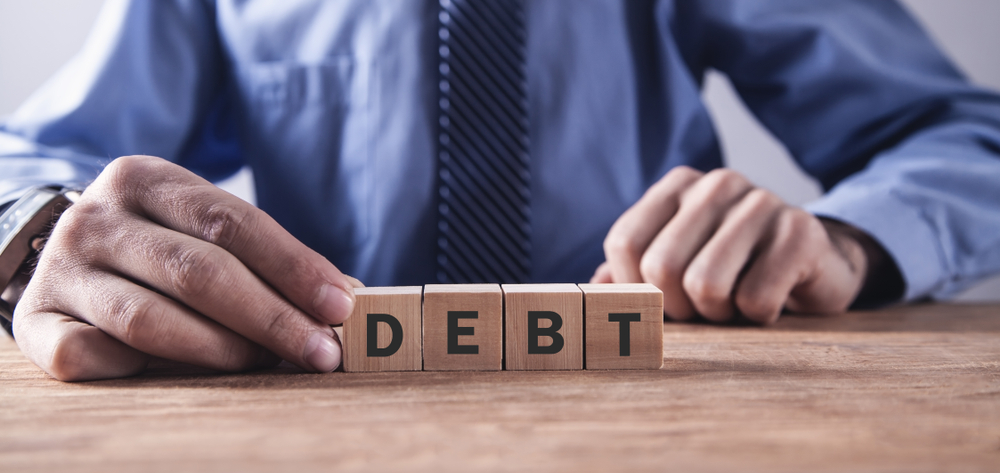
Debt can be seen as a promised payment in the future for purchases enjoyed today. With the advent of credit cards and the entire industry, it has become normal to owe a little bit of money to financial institutions like banks and lenders. You do need to pay some form of debt to establish your credibility as a borrower by paying your bills on time.
However, you should be worried when there’s an imbalance between your income and expenses. According to US debt statistics, consumer debt hit an all-time high of 13.67 trillion USD at the start of 2019. Mortgages and auto loan debts take up a substantial portion of the credit balance.
If you notice that your debts eat up your paycheck each week or month, it may be time to review your finances. Evaluate how much you should be earning to lower the amount you owe significantly.
Here are some common reasons why people go into debt:
- Unexpected Life Changes
One of the primary reasons that push people to the brink of bankruptcy is unexpected, catastrophic life events. It can be the death of a loved one, divorce, being laid off, getting benefit cuts, being involved in a major accident, or losing your home. Matters become even worse if you don’t have an emergency fund to at least reduce the amount that you have to borrow to get your life going again.
Of course, no one wants to think about these emergencies. However, it’s better to be prepared for the worst, so you know how to handle it in case it arrives. You should save as much as you can while things are still going well to lessen the impact of unfortunate events in the future.
Some tips to help you save for your emergency fund:
- Set Your Mind – Dive into the venture wholeheartedly. Remind yourself of the importance of saving money and prioritize it in your monthly budget. It’s recommended that you set aside a portion of your paycheck for your emergency funds and other savings, then allocate the remaining cash for your necessary expenses.
- Save Where You Can – One excellent idea is to avoid spending loose change and store them in a piggy bank at home. You can then add the cash to your emergency funds once the jar is full. Another way is to transfer the extra money you have after a paycheck to your savings account.
- Cut Expenses – If you find that your paycheck is just enough or even insufficient for your expenses and savings, you should review what you’re spending your money on. Assess the areas where you can reduce costs and move the extra to your emergency savings.
- Find a New Income Stream – As they say, you shouldn’t put all your eggs in one basket. If you are able, you should find another way to earn additional or supplemental income. Today’s gig economy gives you the freedom to freelance by offering your expertise to people who require specific services like Uber, TaskRabbit, and Instacart.
- Underemployment
Debt happens when your expenses are way above your income. If you’re underemployed, it’s highly likely that you don’t have that much of a say on your wage or salary. The catch with credit card balance is that you are imposed with a hefty interest rate if you aren’t able to meet the minimum payment required for each month, which is often the case for underemployed people.
- Impractical Lifestyle
Living extravagantly shouldn’t pose a significant problem if your income can support the lavish lifestyle you want. However, if it’s all just a ploy for social media, then it may be high time to take a step back and ponder on your priorities.
As much as possible, keep your spending within your means so that you won’t suffer in the future. After all, you’re still going to have to pay for the gadgets and trips you bought with your credit card or loan.
- Vices
The heady rush that people get when winning at the betting table lures them into thinking that their fortune will continue for the next round. However, when they lose in the second game, they want to try again, hoping that their luck has changed. The cycle goes on, and some gamblers don’t know when to stop, which is why they end up owing the casino thousands or millions.
Conclusion
Debt is not necessarily a bad thing since it plays a role in boosting your credit rating. However, you should start to worry when you feel as if the situation has blown out of your control. Unexpected life changes, underemployment, impractical lifestyles, and vices are some of the common reasons why people fall into debt. Now that you’re aware of these factors, you should be more mindful of your spending habits and save money while you can.
Disclaimer: This content does not necessarily represent the views of IWB.